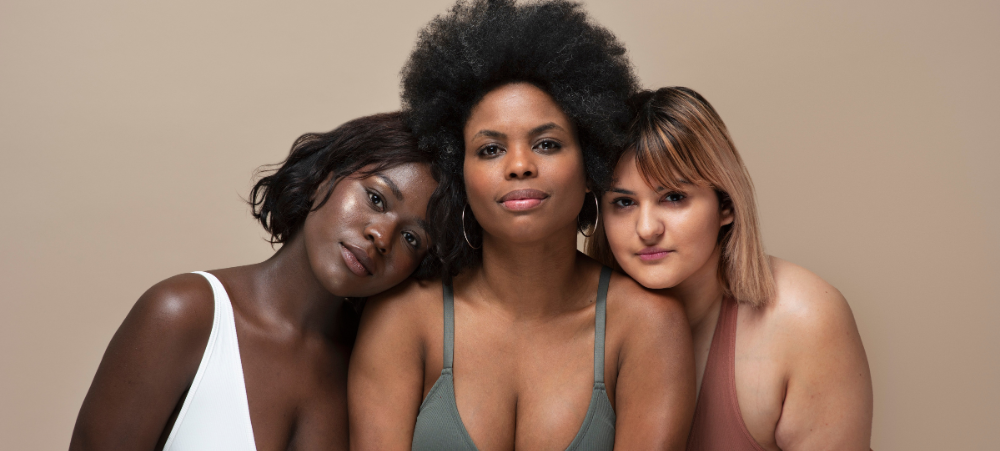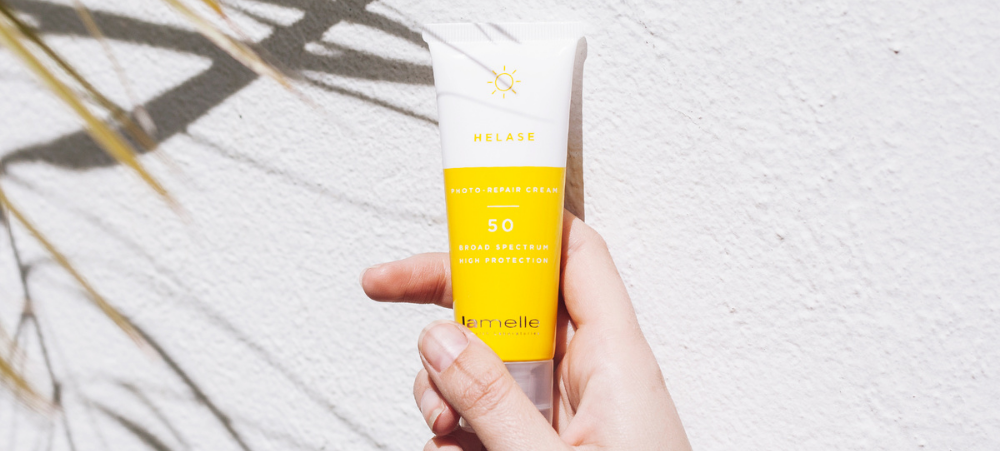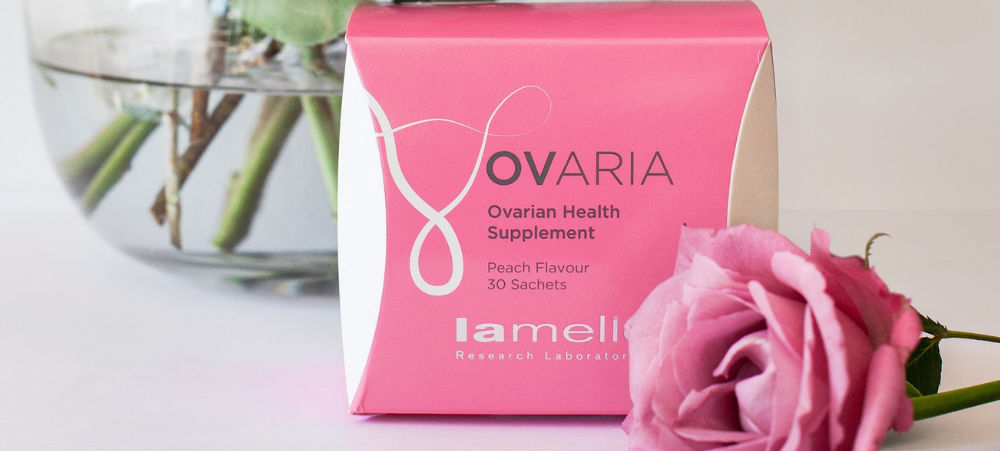Motherhood is a transformative journey, a unique experience that shapes each woman in remarkable ways. In today’s world, where social pressures abound, it’s essential to recognise the impact of unrealistic body standards on new mothers during pregnancy and postpartum.
Many mums-to-be embrace their growing bellies, celebrating the life within, proudly displaying their baby bumps and appreciating the miracle of pregnancy. Other mums, however, may feel alienated from these changes and out of control of the adjustments taking place both inside and outside their bodies. Experiencing dissatisfaction with one’s body during pregnancy can have significant implications for both maternal and foetal well-being, leading some women to adopt extreme dietary restrictions or even trigger a relapse of an existing eating disorder.
One’s self-esteem can be further impacted when comparing oneself to unrealistic portrayals of pregnant women in the media, where stretch marks and uneven skin tone have been edited out. After birth, an obsession to ‘return to normal’ can be as damaging, leaving new mums feeling pessimistic and depressed about themselves instead of accepting that motherhood has upgraded them to a new life stage and status.
The reality is that the ‘perfect’ pregnancy body doesn’t exist. The true beauty of birth into motherhood lies in your authenticity. Understand that it’s normal to have mixed feelings about your changing body during pregnancy. Many women go through similar emotions. If you feel inadequate or negative about yourself, it can help to:
#1 Shift your mindset from aesthetics to functionality. Marvel at how your body is preparing to grow and deliver a new life into the world.
#2 Share your feelings with a trusted friend, partner, or family member. Talking openly can help lighten your mental load.
#3 Take the time to honour yourself by appreciating the strength, endurance, and resilience your body exhibits during pregnancy and childbirth.

#4 See it as an invitation to educate yourself and learn about the changes your body will undergo during pregnancy and postpartum so you can balance and support your mind and body better.
#5 Create a pregnancy mantra or positive phrase. Repeat it regularly, especially when feeling low, and practise better self-talk.
Dispelling Fears & Myths:
Pregnancy brings significant changes in all areas of one’s life, and the fear of the unknown may cause anxiety. As your body goes through the gestation phase, you will experience hormonal shifts, weight gain, bloating, mood swings, swollen feet, back pain, morning sickness and skin changes that can make some women feel helpless and overwhelmed.
While you may witness your favourite celebrity or influencer appearing to breeze through their pregnancy with perfect glamour, you are not seeing the full story of real life; everyone has low days where our biorhythms are on the fritz. Understand it is the media’s job to photoshop and gloss up for the best aesthetic look rather than reveal the everyday practical challenges.
Challenge the myths circulating in women’s conversations and challenge yourself to decide what is true for you. For example:
Myth: Pregnancy Makes You Hungrier: True. Pregnancy hormones often lead to an increased appetite; this is a natural body indicator for more fuel as you use more energy to grow a new person. Having more significant portions is normal.
Myth: You Need to Eat for Two: False. There’s no need to eat for two. Only in your third trimester do you need about 200 extra calories per day. Focus on a balanced diet and quality nutrition, which will satisfy you more.
Myth: You Should Gain a Kilogram a Month Throughout Pregnancy. Not exactly. Weight gain in pregnancy doesn’t happen evenly; most pregnancy weight happens after 20 weeks, and the recommended weight gain during pregnancy varies based on your pre-pregnancy weight and body mass index (BMI). On average, expect to gain 1 to 1.5 kilograms in the first three months (more if expecting twins) and 1.5 to 2 kilograms each month until delivery.
Myth: Excessive Weight Gain Is Fine. False. Too much weight gain puts you at risk for gestational diabetes and preeclampsia. Aim for 11 to 16 kilograms (more for twins) if you are of average weight and height.
How to Embrace Your Changing Body
Focus on nourishing your body with wholesome foods and staying active—your well-being matters. Weight gain, stretch marks, and loose skin are natural parts of pregnancy like age is a natural part of life.
Your growing belly is a testament to the life blossoming within. Each stretch mark tells a story of strength. See this period as a call to walk your path rather than following another. Appreciate motherhood as an opportunity to create a closer relationship with yourself as you take on the responsibility of nurturing another tiny human being.

Prioritise your well-being rather than focussing on attaining a specific appearance. Understand that your body is doing incredible work, and imperfections are okay. Consult a healthcare provider who can guide you through the physical changes and address weight concerns.
Knowledge is empowering; learn about the changes you’ll experience with the support of the Vital Baby social media accounts, and connect to Sr Londe online, Vital Baby’s trusted advisor who provides advice through monthly Instagram Live videos for new mums and mums-to-be, answering your specific questions during the sessions. Connect to other Moms and join support groups and online communities where you can share experiences and hear stories from other women, which can normalise the challenges and help you feel less alone.
As the journey of motherhood unfolds, Vital Baby stands alongside expectant mothers, offering support, encouragement, and a celebration of the incredible transformations that occur during pregnancy and childbirth. We encourage new moms to focus on their body’s remarkable achievements and know that every curve, and every scar tells a story of resilience and love. Together, let’s redefine beauty beyond the superficial and honour the miraculous transformations that occur during the sacred journey of motherhood.
- Silent Night? How to Handle Baby Sleep Disruptions During the Holidays - December 17, 2025
- Mental Health and the NICU Mom: The Silent Battle Behind the Glass - December 8, 2025
- Co-Sleeping, Cribs, or Sleep Training — What Works Best? - November 10, 2025





